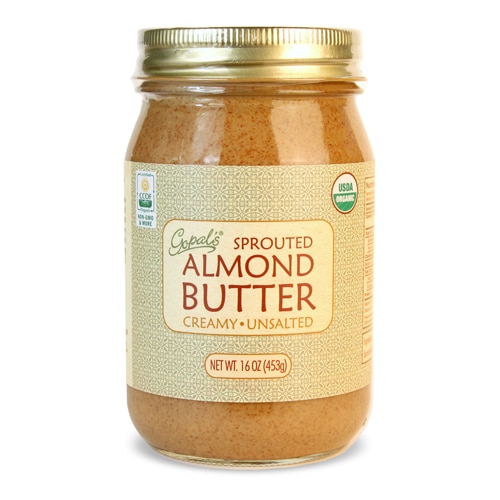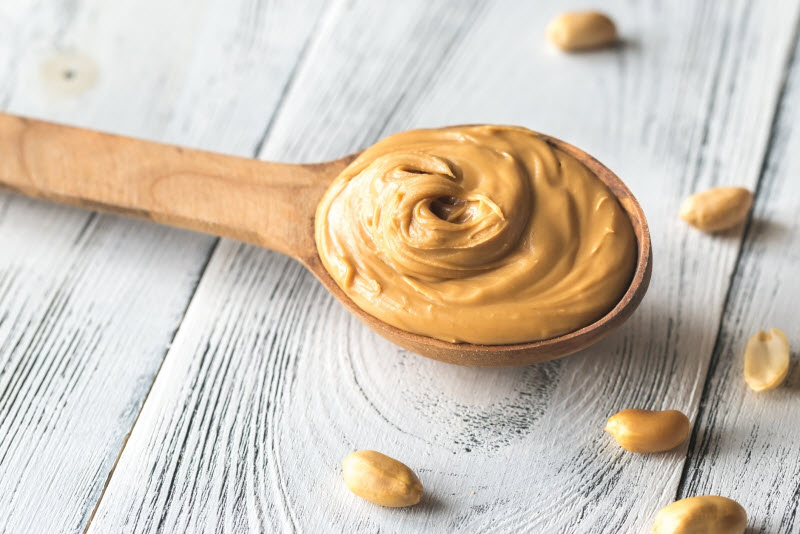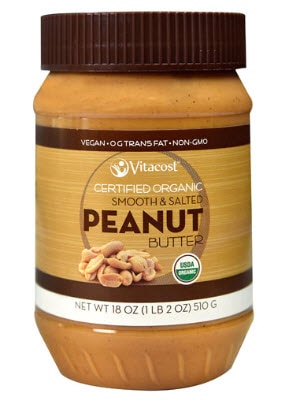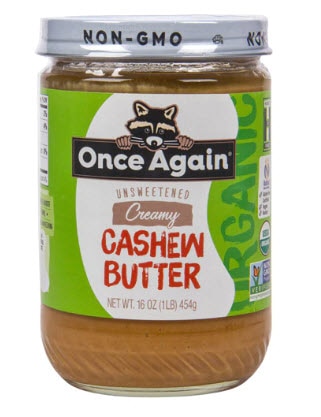Peanut butter is a pantry staple in most households. Besides being delicious, there’s just so much you can do with it (make sandwiches, bake cookies, spread it on pancakes, create sauces or dips, just to name a few ideas). Most of us know it’s a good protein source and can be a healthy addition to our diets.
But recently, almond butter has shot to the top as a direct competitor to our favorite classic spread. Sunflower butter also showed up, a good alternative if anyone in your family suffers from peanut allergies. Other nut butters are available, too, further expanding the selection – and perhaps causing a little confusion as to what’s best in terms of actual nutrition.
All of these spreads offer different benefits, along with the option to add variety to our diets. Let’s take a closer look at the nutrient info for different types of nut butters.
What is the healthiest nut butter?
1. Peanut butter
The peanut butter aisle can be overwhelming, with so many brands, varieties (creamy vs. crunchy, etc.) and sizes to choose from. When considering price, peanut butter is the cheapest and smartest option nutritionally. With 8 grams of protein per serving, it packs a great nutritional punch. It’s also made up of mostly healthy unsaturated fats, mono- and polyunsaturated fats, which are encouraged as part of a healthy diet.
Natural peanut butter is the purest type. The ingredients list typically consists of peanuts and sometimes salt. Avoid brands that add sugar, oils and preservatives. The traditional shelf-stable peanut butter you grew up with is often filled with added oils such as palm oil and added sugar in the form of molasses or honey. These are ingredients we simply don’t need in our diets.
If natural peanut butter is new to you, here’s a helpful tip. Store your jar of natural peanut butter upside down (or flip it for at least 4-6 hours before using). This allows the oil to seep into the peanuts and will give it a similar consistency to the peanut butter you’re used to. If your desired texture is a little thicker, keep the jar in the fridge once you’ve opened it.
2. Almond butter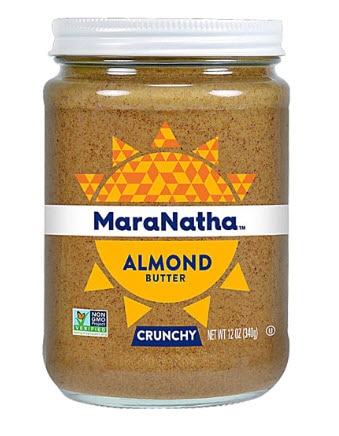
Almond butter is similar to peanut butter in terms of calories, fat, protein and carbohydrates. It offers 3 grams more of heart healthy monounsaturated fat compared to peanut butter. It’s also typically lower in sugar and provide 60 milligrams more calcium than peanut butter (which usually delivers between 15 and 20 milligrams). Almond butter is a good option for anyone with peanut allergies looking to satisfy a nutty craving.
As with natural peanut butter, you’ll want to look for an option in which the only ingredients are the nut itself. You may see “almonds” or “dry roasted almonds” listed. Almond butter is considered a premium option in the world of nut butters, so you can expect a higher price point per jar.
3. Cashew butter
Compared to its counterparts, cashew butter is less nutritionally dense. It tends to be lower in protein, with only 3 grams per serving. But it’s also slightly lower in fat per serving than other nut butters.
If cashew butter is a staple in your pantry, keep in mind it shouldn’t be because cashews are healthier than almonds or peanut butter. But cashew butter can add variety to your diet – with nutrients such as phosphorus, magnesium and copper.
Note: Cashews are considered part of the tree nut family, which may be a problem for those who also have peanut allergies.
4. Sunflower butter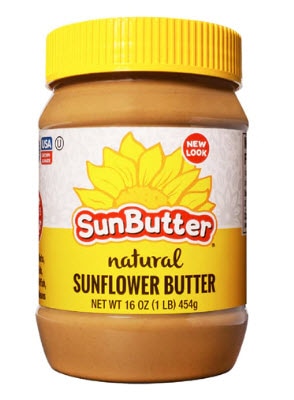
Technically a seed butter, not a nut butter, sunflower butter has skyrocketed in popularity as a peanut butter replacement for those with allergies. With many schools prohibiting peanut butter today, sunflower butter and jelly sandwiches are a popular PB&J replacement.
Sunflower butter offers 8 grams of protein per serving, and it’s richer in vitamin E than peanut butter (delivering 4 times as much!). It’s much lower in calcium compared to spreads made from tree nuts, typically only delivering 1 gram per serving.
As with other spreads, it’s important to look for varieties that don’t contain added sugars or oils.
5. Hazelnut butter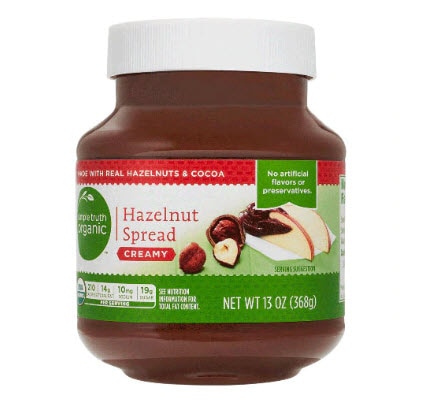
Hazelnut butter has been around for longer than most realize. It’s often considered more of a dessert-like treat than other nut butters, usually made with more sugar and sometimes even added chocolate. This spread is dangerously delicious and rich, so aim to keep serving size in check when enjoying it.
Health benefits of hazelnut butter include two times more vitamin E than peanut butter and 4 grams of protein per serving.



